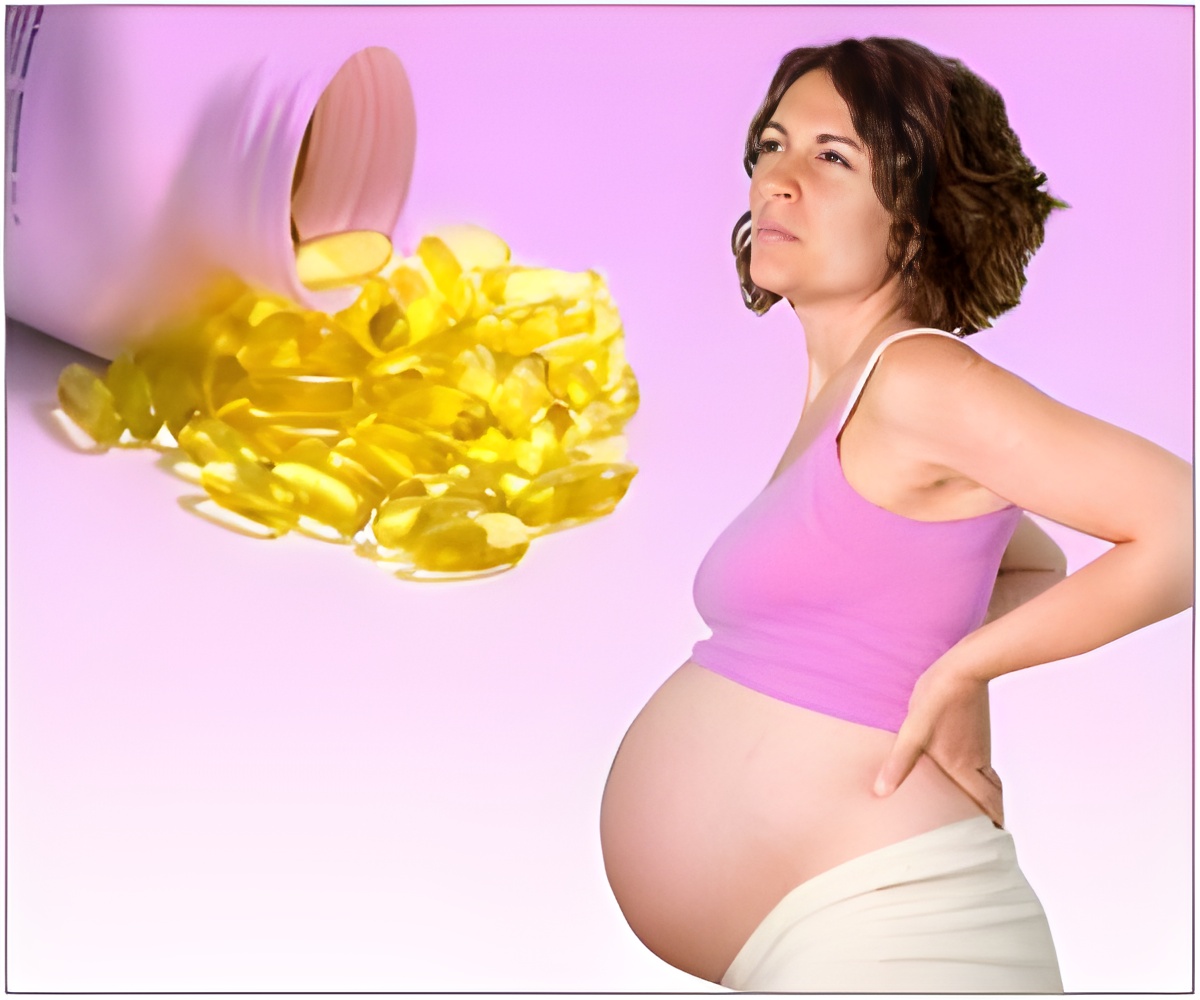Pregnant mothers who daily consumed 600 mg of docosahexaenoic acid (DHA), an omega-3 fatty acid, protected their offspring from the blood pressure-elevating effects of excessive weight in early childhood.

TOP INSIGHT
Additionally, maternal DHA supplementation also reduced birth before 34 weeks’ gestation and is also linked to higher fat-free body mass at five years.
While many prenatal supplements in the U.S. contain DHA, most have much less than 600 milligrams. The researchers emphasize the amount of prenatal DHA needed to protect against the rise in blood pressure in children with excessive weight is not known. However, being overweight and obese are large problems among U.S. children with nearly 1 in 5 school-age children and young people aged 6 to 19 years obese, according to the Centers for Disease Control 2015-2016 data.
"This research is aimed at expectant mothers and pediatricians who wonder what you can do prior to the birth of your child to optimize health and behavior outcomes," said co-author John Colombo, KU professor of psychology, director of KU's Life Span Institute and currently KU's interim vice chancellor for research. "There's a phenomenon called 'developmental programming,' and researchers have studied effects of the prenatal environment on long-term outcomes since World War II. The prenatal environment programs a fetus' metabolism for what to expect in the postnatal environment. Part of DHA's known effects may be in programming cardiac function that preserves normal blood pressure in the case of high postnatal weight gain."
"Prenatal DHA exposure appears to program the developing fetus to be protected against the blood pressure-elevating effects of obesity in childhood," said co-author Susan Carlson, AJ Rice Professor of Nutrition in the KU Department of Dietetics and Nutrition at the KU Medical Center.
The investigators believe lower blood pressure at age 6 might extend beyond childhood.
Colombo and Carlson's colleagues on the study were Elizabeth Kerling, Jamie Hilton and Jocelynn Thodosoff of the KU Department of Dietetics & Nutrition and Jo Wick of the Department of Biostatistics at KU's School of Medicine.
Previous reports of the trial found that maternal DHA supplementation reduced birth before 34 weeks' gestation and was associated with higher fat-free body mass at age 5.
Source-Eurekalert
 MEDINDIA
MEDINDIA




 Email
Email









